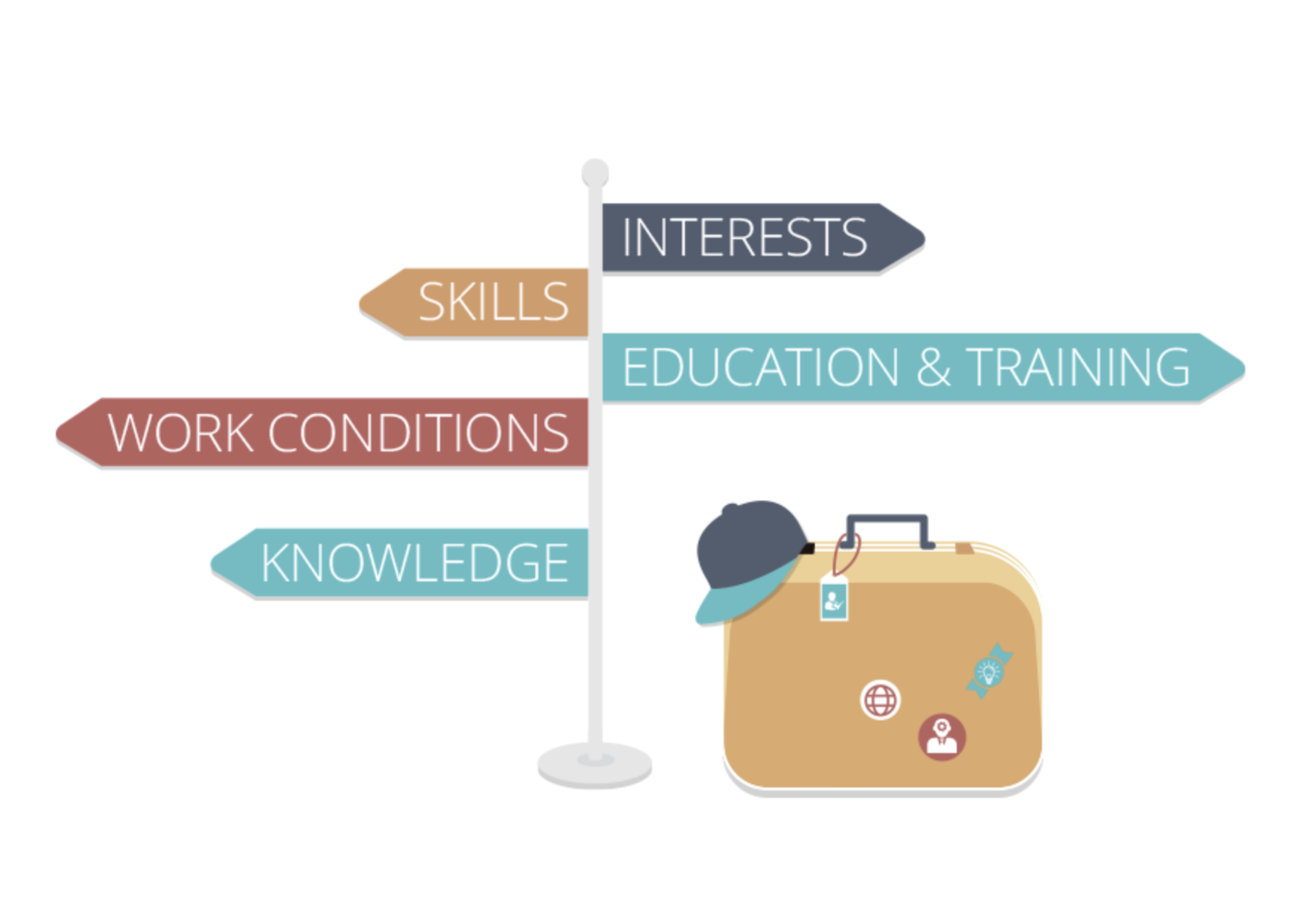In today’s dynamic world, choosing and navigating a career path is more complex and exciting than ever before. It’s not just about deciding what you want to be when you grow up; it’s about continuously adapting to new opportunities and challenges. This blog explores the concept of a career path, offers insights into how you can choose the right one for you, and provides tips for navigating your career journey effectively.

What is a Career Path?
A career path is the progression one follows in their professional life. It includes the jobs you take, the experiences you gain, and the skills you acquire. A well-defined career path helps you manage your growth from one stage of your career to another, aligning your job roles with your long-term career goals.
Choosing Your Career Path
Self-Assessment:
Start by understanding your interests, strengths, and values. Tools like personality assessments and career aptitude tests can provide insights into the types of careers that might suit you best.
Research:
Once you have an idea of your potential career fields, research them thoroughly. Understand the required qualifications, the day-to-day responsibilities, and long-term career prospects.
Education and Skills:
Depending on your chosen field, you might need specific educational qualifications or skills. Identify any gaps in your knowledge and seek the necessary training and education.
Networking:
Connect with professionals in your field to gain insights and advice. Networking can also open up opportunities for internships, apprenticeships, and even job offers.
Navigating Your Career Path
Setting Goals:
Define clear, achievable short-term and long-term goals. These should be specific, measurable, achievable, relevant, and time-bound (SMART).
Continuous Learning:
Stay relevant in your field by continually upgrading your skills. This could be through formal education, workshops, online courses, or self-study.
Seeking Opportunities:
Always be on the lookout for ways to advance your career, whether it’s a promotion, a new job, or a lateral move to a different department or industry that aligns more closely with your career goals.
Flexibility:
Be prepared to adapt your career path as industries evolve and personal priorities change. Flexibility can mean the difference between staying relevant or falling behind.
Mentorship:
Find mentors who can guide you through your career. A good mentor provides wisdom, guidance, and feedback that is invaluable as you navigate your career.
Challenges and Solutions
While navigating your career path, you may face challenges like job dissatisfaction, a lack of advancement opportunities, or industry downturns. Overcoming these challenges often requires a proactive approach, such as seeking feedback, considering a career pivot, or enhancing your skill set to increase your employability.
Conclusion
Your career path is uniquely yours. It’s a personal, often non-linear journey that can lead to fulfilling roles that align with your personal and professional aspirations. By actively managing your career development, staying adaptable, and pursuing continuous learning, you can effectively navigate the twists and turns of your career journey.
Remember, the most successful career paths are those that evolve. So, keep exploring, adapting, and moving forward with confidence and curiosity.



